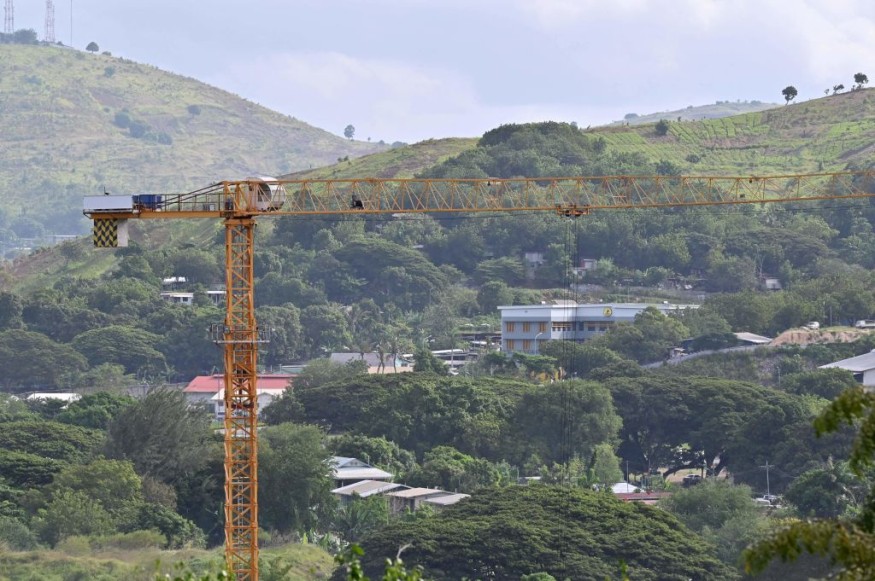The latest report showed that a 6.0 magnitude earthquake was felt in New Guinea, Papua New Guinea. No injuries were reported when the quake struck.
Earthquakes can become unexpected. People in the affected areas should monitor the earthquake alerts for possible aftershocks, especially if they have travel plans.
Earthquake alert: Papua New Guinea

Based on the earthquake report, the 6.0 magnitude earthquake occurred in New Guinea. No casualties or injuries emerged.
German Research Center for Geosciences (GFZ) showed that the 6.0 magnitude quake was tracked at 10 km depth (6.2 miles).
With the increasing concerns about earthquakes, international experts and scientists have tried to develop better technology to forecast or predict earthquakes.
In a study published in Geophysical Research Letters, researchers developed a new model to detect quake aftershocks using deep learning.
The study explained that Recurrent Earthquake foreCAST (RECAST) would better forecast possible aftershocks based on the temporal point processes.
Researchers noted the importance of improving detailed observations in predicting earthquakes. The said model is flexible to adapt to earthquake catalogs, which can perform better aftershock forecasts.
Also Read : Earthquake Emergency: How Homeowners Can Prepare
Staying safe from powerful earthquakes
Earthquakes can become powerful and can bring devastating aftermath to properties and lives. While the earthquake is difficult to predict, preparations can help prevent possible injuries or deaths.
Earthquakes can hit at any moment. According to the American Red Cross, quakes can also unleash landslides and powerful tsunamis. Here are essential earthquake safety reminders to keep safe.
Check your home for possible earthquake repairs and improvements
- Homeowners should also check their houses for repairs for possible disasters, including flooding, hurricanes and earthquakes.
- People should observe the building standards of their cities, especially if they are near earthquake-prone areas or earthquake fault lines.
- In addition, it is best to secure all toxic and fragile materials when an earthquake strikes. Flammable materials can become dangerous, and it should be properly sealed.
- Homeowners can also stay alert for possible earthquakes. Turning on your SMS or emergency alerts can become life-saving.
Always remember to Drop, Cover and Hold
- Homeowners should prepare disaster plans if natural disasters strike. Teaching your children can help them to stay calm and safe.
- People should practice the "Drop, Cover and Hold" at all times. Keep shelter under a safe table when a quake occurs.
- When the earthquake stops, homeowners should watch out for aftershocks. Be careful with falling debris or materials due to the earthquake's aftermath.
Store emergency supplies or kits
Americans should also consider having an emergency kit or supply at home. Earthquakes can disrupt transportation, communications and power.
- Small battery-powered radio
- Flashlights
- Medicine kits
- Non-perishable goods
- Batteries
- Extra cash and Identification cards
- Water bottles
- Whistles
Related Article : Is it Possible to Predict Earthquakes? Scientists Look for Ways to Detect Early Warnings
For more news, don't forget to follow Nature World News.
© 2026 NatureWorldNews.com All rights reserved. Do not reproduce without permission.





